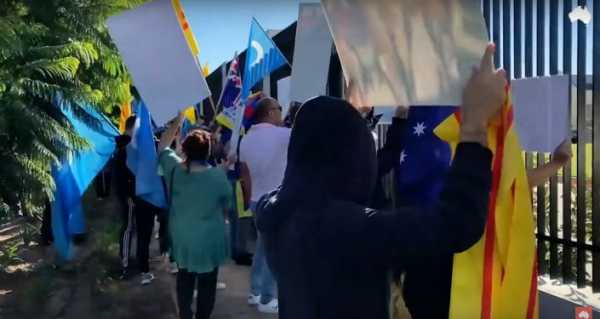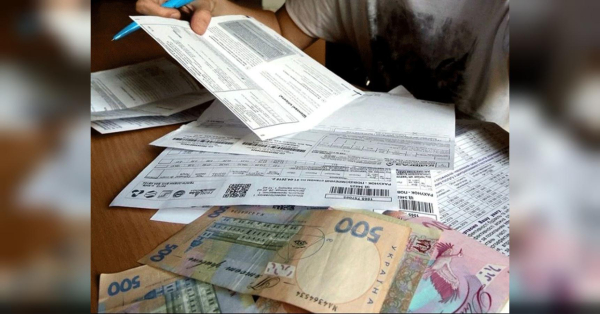
Relations between Canberra and Beijing have frayed, spilling over into an economic dimension, as China hit Australia with a slew of restrictions and tariffs targeting exports of barley, coal, cotton, lobster, meat, timber, and wine, and with Canberra reciprocating by imposing tariffs on Chinese aluminium, paper, and steel.
The official unveiling of a new Chinese consulate in a quiet suburb of Adelaide, Australia, turned into furious protest rally as hundreds of people converged around the massive 5,600 square metre compound.
As police were summoned to the scene, two protesters were arrested for assault and public order offences.
Present in the crowd were members of South Australia’s Uyghur community, along with Taiwanese, Tibetan, Nepalese and Vietnamese nationals.
Senator Rex Patrick addressed the protesters to echo their view that the consulate didn’t “belong in Joslin”.
Senator Patrick also called on the Australian Government to impose a diplomatic price on China’s allegedly repeated cyber attacks by expelling Chinese diplomatic and consular staff.
Having arrived for the official opening, Premier Steven Marshall, who had earlier defended himself, insisting South Australia had strong ties with China, addressed the infuriated crowd from inside the consulate.
The ‘Fortified’ Compound
Built in Joslin, just minutes away from the city’s “square mile”, bordered by North, East, South and West Terraces, which is also referred to as the CBD, many have compared the three-metre high walls and CCTV cameras installed around the perimeter with a ‘fortress’.
The protesting crowd included representatives of the close to 1,000 members of Adelaide’s Uyghur community – the largest in Australia, with the President of the East Turkistan Australian Association, Nurmuhammad Majid, condemning the consulate’s construction.
Last week, the US, UK, Canada and the EU imposed sanctions on Chinese officials over alleged human rights abuses against Uyghur Muslims in Xinjiang, prompting Beijing, which vehemently rejected the accusations, to retaliate in kind.
Australian farmers affected by China’s strict trade sanctions raised their voices in protest.
Australia’s trade spat with China saw Beijing, Australia’s biggest wine export market, slap huge tariffs on imports of Australian wine. China receives about 37 percent of Australian wine exports.
The Chinese ministry of commerce said its investigation, first announced in late August, had determined Australian wine was being dumped in China, causing “substantial damage” to the domestic industry.
Beijing’s move followed tariffs on barley announced in May 2020 and a long-running standoff that led to commodities restricted or delayed at Chinese ports. In kind, Canberra also imposed tariffs on Chinese aluminium, paper, and steel.
As for the local residents, many took a dim view of the ‘divisive’ new addition to the neighbourhood.
There has not yet been any official comment from Chinese Consulate in Joslin.
Sourse: sputniknews.com






